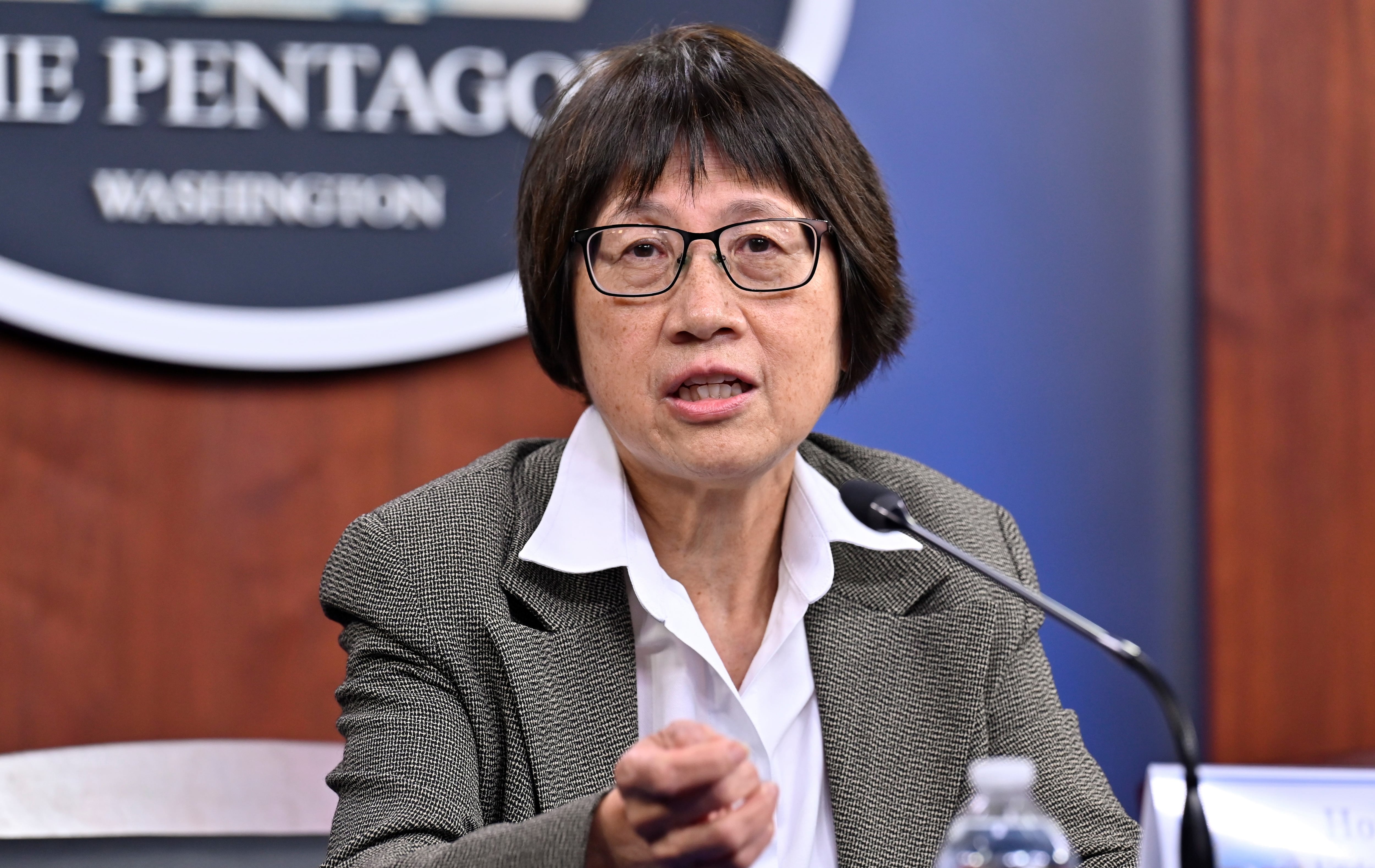The Pentagon just released a black list of mostly Chinese and Russian research institutes that it says have engaged in “problematic activity,” including trying to infiltrate sensitive Defense Department research at U.S. colleges and universities.
The Pentagon partners with hundreds of U.S. universities and research institutions, a relationship malign actors have been able to reportedly hijack to steal U.S. defense technology. When those U.S. institutions also get funding from the black-listed entities, the foreign partners have in the past used the research relationship to try to access and even steal sensitive defense research.
“The publication of these foreign entities underscores our commitment to ensuring the responsible use of federal research funding and safeguarding our critical technologies from exploitation or compromise,” Heidi Shyu, the undersecretary of defense for research and engineering, said in a June 30 release. The statement went on to encourage U.S. universities and industry to “review the list and exercise caution when engaging with entities listed.”
The list of foreign institutions, which includes entities from China and Russia, was required by the 2019 defense authorization act and further encouraged by a national security presidential memo that outlined guidance for the Pentagon and other agencies to ensure research security. A 2020 Government Accountability Office report also recommended that the Pentagon safeguard U.S. investments in scientific research from malign actors.
U.S. law enforcement has tracked numerous attempts to steal technology from the U.S. defense sector. In October 2022, the Justice Department indicted four Chinese nationals in connection with an alleged intelligence campaign seeking to turn Americans into Chinese spies, according to a release from the department. The group, in part, used a purported academic institute at Ocean University of China — one of the entities listed in the recent DoD release — to recruit individuals from around 2008 to 2018.
“These defendants cloaked themselves and their motives in order to get access to our higher learning institutions and recruit others to betray this nation,” James Dennehy, the FBI special agent in charge, said in the release.
In a 2021 case, a Chinese national received a two-year prison sentence for illegally exporting technology with military applications in anti-submarine warfare to Northwestern Polytechnical University, another Chinese entity on the DoD list.
And in April, a former Harvard University professor, whose research was in part sponsored by the Pentagon, received a sentence for lying about his involvement with a Chinese talent recruitment plan and affiliation with a Chinese university, according to the Department of Justice. That school, the Wuhan University of Technology, is not catalogued on the recent DoD list.
A June 8 policy memo signed by Shyu requires “all fundamental research projects that are selected for award by the department to go through a review for potential conflicts of interest and conflicts of commitment arising from foreign influence.”
Included in the DoD release is a guide for reviewing if such research proposals possess a conflict of interest and if certain actions would prohibit them from receiving funding from the department.
For example, according to the release, starting in fiscal year 2024, no American institutions of higher education with a Confucius Institute may receive DoD funding unless issued a specific wavier. That follows guidance set by the fiscal year 2021 National Defense Authorization Act.
The Washington, D.C. embassies for Russia and the People’s Republic of China did not respond to requests for comment on the Pentagon memo.
Jonathan is a staff writer and editor of the Early Bird Brief newsletter for Military Times. Follow him on Twitter @lehrfeld_media





